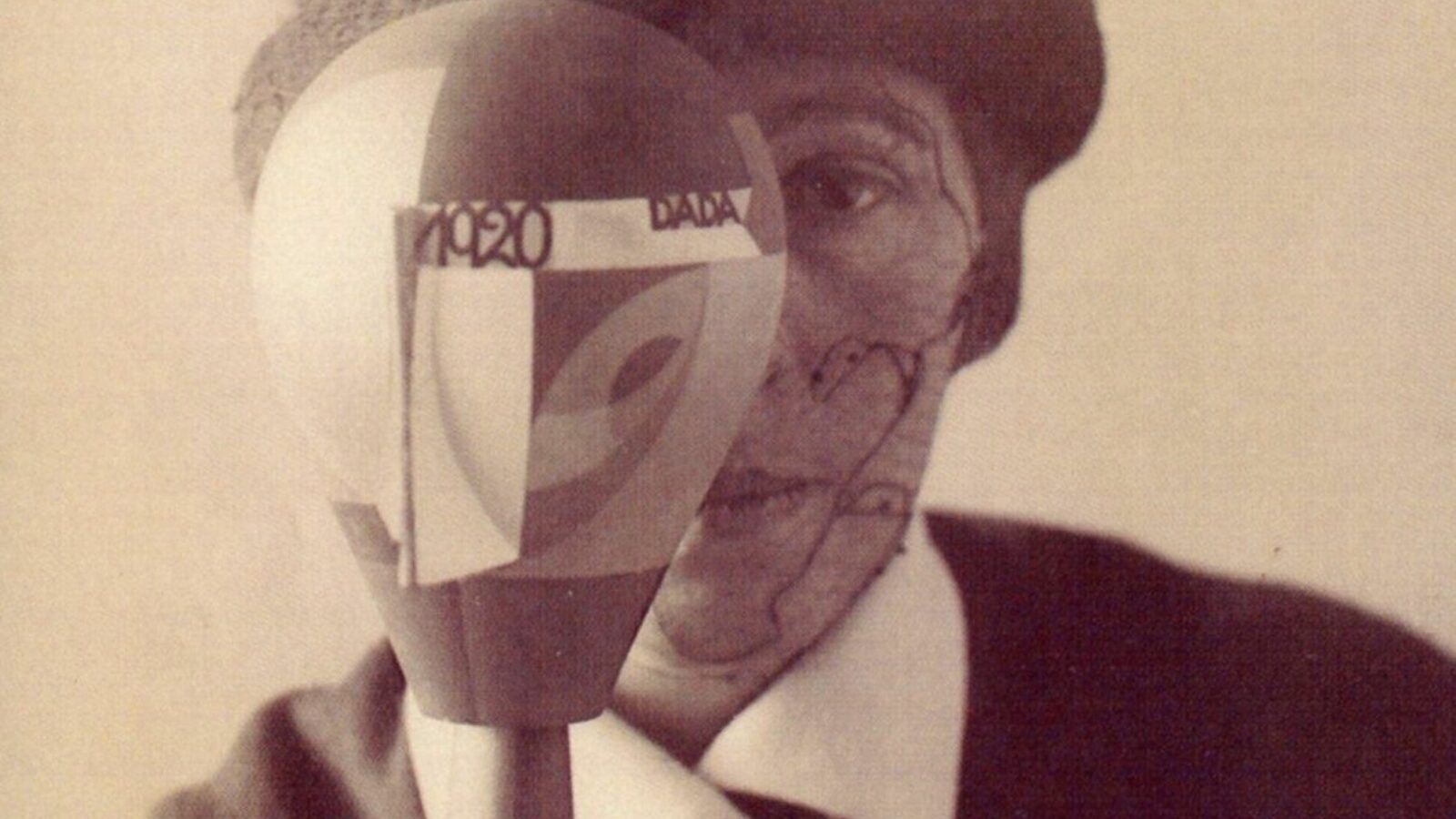
Viva Dada
Régine Abadia
Award for Best Educative Film, ex-aequo, FIFA 2016
In 1916, artists from across Europe came together around a pacifist ideal, calling themselves the Dadaists. This international, controversial artistic and literary movement would revolutionize art in the twentieth century. One hundred years later, this film allows the voices of the Dadaists — Tristan Tzara, Marcel Duchamp, Francis Picabia, Jean Arp and Man Ray — to be heard again, as subversive as ever. It also follows the completion of one of Tzara’s major unfinished projects: Dadaglobe, a compendium and a genuine work of art.
In 1916, artists from across Europe came together around a pacifist ideal, calling themselves the Dadaists. This international, controversial artistic and literary movement would revolutionize art in the twentieth century. One hundred years later, this film allows the voices of the Dadaists — Tristan Tzara, Marcel Duchamp, Francis Picabia, Jean Arp and Man Ray — to be heard again, as subversive as ever. It also follows the completion of one of Tzara’s major unfinished projects: Dadaglobe, a compendium and a genuine work of art.
| Director | Régine Abadia |
| Script | Régine Abadia |
| Production | Sophie Parrault |
| Editing | Vincent Schmitt, Joseph Licidé |
| Artist | Tristan Tzara, Marcel Duchamp, Francis Picabia, Jean Arp, Man Ray, Max Ernst, Raoul Hausmann, Hannah Höch, Hugo Ball |
| Narration | Françoise Cadol |
| Sound | Jean-François Mabire, Romain Parrault, Jules Evrard |
| Cinematography | Dominique Colin, Dominique Fausset |
| Graphic Creation | Ricardo Kump |
| Animation | Ricardo Kump |
| Music | Margarida Guia |

